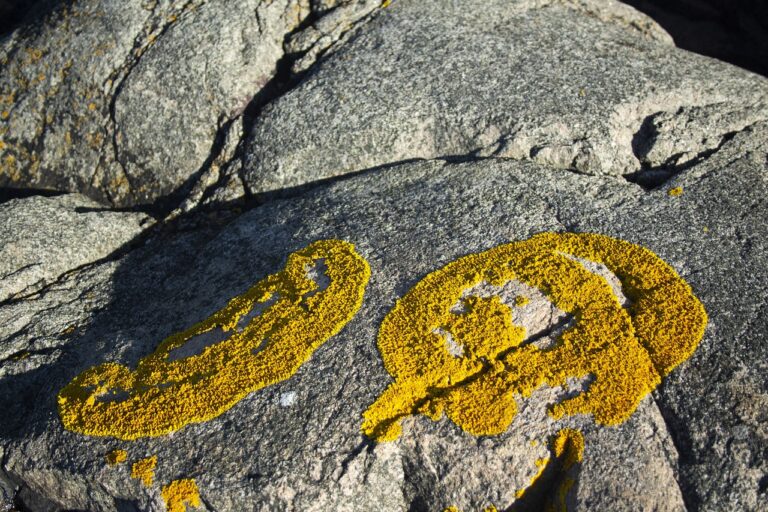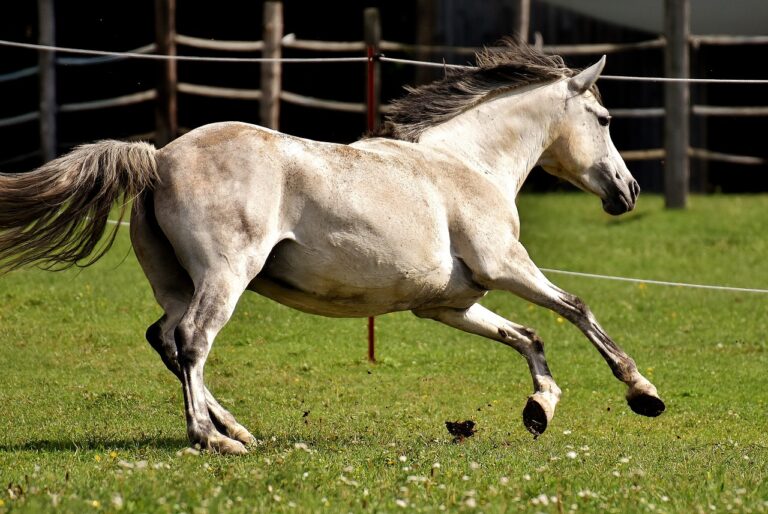Cricket and Indigenous Ecological Knowledge Exchange: Community Workshops: 11xplay online, Indian 24bet, Skyinplay login
11xplay online, indian 24bet, skyinplay login: Cricket and Indigenous Ecological Knowledge Exchange: Community Workshops
Cricket is more than just a sport; it is a way of life for many communities around the world. In recent years, there has been a growing interest in exploring the connections between cricket and Indigenous ecological knowledge. Community workshops have emerged as a powerful tool for bridging the gap between these two seemingly disparate worlds.
Why are community workshops important?
Community workshops provide a platform for sharing knowledge, fostering collaboration, and promoting cultural exchange. In the context of cricket and Indigenous ecological knowledge, these workshops offer a unique opportunity for participants to learn from each other, build relationships, and work towards common goals.
What can participants expect from these workshops?
Participants can expect a blend of hands-on activities, discussions, and presentations that explore the intersections between cricket and Indigenous ecological knowledge. From learning about traditional land management practices to understanding the connections between sports and the environment, these workshops offer a holistic and immersive experience.
How can cricket benefit from Indigenous ecological knowledge?
Indigenous ecological knowledge offers valuable insights into sustainable practices, biodiversity conservation, and community resilience. By integrating these perspectives into the world of cricket, we can create more environmentally friendly and socially responsible approaches to the sport. From using traditional materials for cricket equipment to adopting eco-friendly groundskeeping practices, there are countless ways in which cricket can benefit from Indigenous ecological knowledge.
What are some examples of successful collaborations between cricket and Indigenous communities?
One inspiring example is the partnership between a local cricket club and an Indigenous community in Australia. Together, they have developed a cricket pitch using traditional land management techniques, incorporating native plants and promoting biodiversity. This project not only enhances the playing experience but also raises awareness about Indigenous culture and environmental stewardship.
How can individuals get involved in these community workshops?
There are numerous ways to get involved, from volunteering at workshops to organizing your own events. By reaching out to local Indigenous communities, cricket clubs, and environmental organizations, you can help facilitate meaningful exchanges and promote mutual learning opportunities.
In conclusion, cricket and Indigenous ecological knowledge exchange through community workshops is a powerful tool for fostering collaboration, sharing knowledge, and promoting cultural understanding. By harnessing the wisdom of Indigenous communities, we can create a more sustainable and inclusive future for the sport of cricket.
FAQs
1. Are these workshops open to everyone?
Yes, these workshops are open to individuals of all ages, backgrounds, and levels of experience.
2. How can I find upcoming community workshops?
You can stay updated on upcoming workshops by following local cricket clubs, Indigenous organizations, and environmental groups on social media or through their websites.
3. Can I host a community workshop in my area?
Absolutely! If you are passionate about bringing together cricket and Indigenous ecological knowledge, you can organize your own workshops and reach out to potential collaborators for support.
4. What can I do to support these initiatives?
You can support these initiatives by volunteering your time, donating resources, or simply spreading the word about the importance of cricket and Indigenous ecological knowledge exchange.
5. How can I learn more about Indigenous ecological knowledge?
There are numerous resources available online, including articles, books, and videos that delve into the rich history and practices of Indigenous communities. Additionally, attending workshops and engaging directly with Indigenous knowledge holders is a great way to deepen your understanding.
6. What are some tangible outcomes of these community workshops?
Some tangible outcomes include the development of sustainable cricket pitches, the use of eco-friendly cricket equipment, the promotion of traditional land management practices, and the fostering of cross-cultural relationships and partnerships.






